Think having oatmeal, granola or oat-based cereal for breakfast is healthy? Think again.
Results of independent laboratory tests funded by consumer watchdog Environmental Working Group found that popular oat cereals, including Cheerios, contain glyphosate.
The World Health Organization has called glyphosate, used in the weed killer Roundup, a “probable human carcinogen.” Last year, a jury in San Francisco awarded a school groundskeeper $289 million. The man, who had non-Hodgkin’s lymphoma, claimed his cancer was caused by Roundup, which he sprayed around the schoolyard for years. The jury, according to the Los Angeles Times, found Monsanto, owned by Bayer and the maker of Roundup, liable.
Monsanto has been involved in numerous legal battles over the toxicity of this product. In addition to its probable link to cancer, research suggests that glyphosate harms the microbiome of animals and humans alike, killing beneficial bacteria and promoting pathogenic ones. Many of those filing lawsuits are battling severe illnesses and point to the growing body of evidence that a healthy microbiome is critical for all aspects of human health, from weight control to brain function.
How Glyphosate Potentially Harms Us
Glyphosate potentially harms our bodies because it is structurally related to glycine, and it substitutes for glycine in our body’s proteins, collagens and gelatin. This explains why glyphosate is potentially linked to serious health conditions.
Because glyphosate is a drying agent, farmers in the United States are now using it on wheat and other grains right in the fields to make them easier to harvest. This may cause two problems: it suppresses the beneficial bacteria in the plant, which help our digestion, and the potentially carcinogenic glyphosate ends up in our food.
How Widespread is the
Contamination?
The EWG-funded study evaluated the glyphosate content of numerous popular oat-based foods and published its results in 2018. There was glyphosate found in all but two of 45 samples of products made with conventionally grown oats. Almost three-fourths of those samples had glyphosate levels higher than what EWG scientists consider acceptable for children to consume. (EWG’s child-protective health benchmark for daily exposure to glyphosate in food is 160 parts per billion.) About one-third of 16 samples made with organically grown oats also had glyphosate, but all at levels well below EWG’s health benchmark. The U.S. Environmental Protection Agency allows a glyphosate content of up to 310 parts per million.
Tests conducted by EWG in 2019 found that glyphosate was found in every oat-based cereal and snack product sampled, 21 in total.
Avoiding Glyphosate
Build and maintain a healthy liver that can detoxify all toxic products. It’s a good first step to living in a toxic world. Consider a formal liver detox twice a year. Spring and fall are ideal times to do that. Your detox program can be as simple as avoiding alcohol, sugar and caffeine and starting your mornings with warm lemon water or it may be a more involved formal detox program, such as one that is available from health care providers.
Buy organic whenever possible, especially for oats and wheat products.
Use nontoxic do-it-yourself weed killers. The one I use that works well combines 1 gallon of white vinegar; 1/4 cup of dish soap (I use Dawn); and 2 cups of salt in a clean spray bottle. I spray it on sunny days so it can dry on the leaves.
Using glycine powder, an amino acid that can be taken as a supplement, used as a sweetener and is found in collagen products, may protect and remove glyphosate from your tissues.
The Good News About Glycine
You may be able to detoxify your body of glyphosate by increasing your dietary intake of glycine. Your body builds new peptides and proteins every day to replace aging ones. Flooding your body with glycine may help to ensure that your body uses the glycine instead of the glyphosate.
Taking glycine as a supplement is effective. Here are two suggestions:
1. Add glycine powder to a smoothie, shake or fresh veggie juices (such as for a juice fast).
2. Use it as an alternative sweetener for coffee, tea and other beverages. (It is pleasantly sweet.)
Dr. Dietrich Klinghardt, an internationally known holistic physician, recommends taking 1 teaspoon (4 grams) of glycine powder twice a day for a few weeks and then lowering the dose to 1/4 teaspoon (1 gram) twice a day. He says this forces the glyphosate out of your system, allowing it to be eliminated through your urine.
Collagen powder would have a similar effect because it is an excellent source of glycine.
Besides eliminating glyphosate from our bodies, glycine has many other health benefits and, when taken properly, with very little down side. Some people may experience nausea or soft stools. It may protect the heart, improve blood sugars and muscle mass and detox the liver.
I use it daily to sweeten my coffee and have for years. I love to use food as medicine.

Article from Centered Magazine https://www.statecollegemagazine.com/articles/is-your-breakfast-toxic/
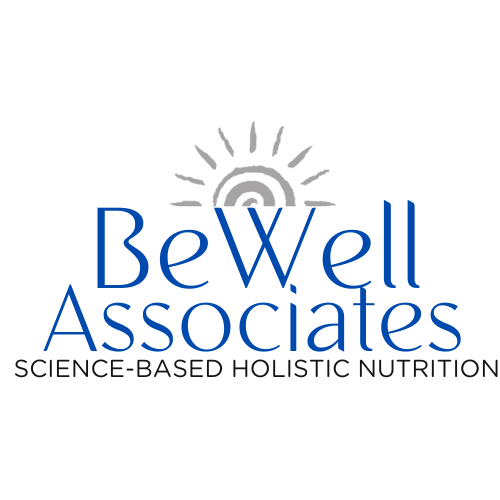
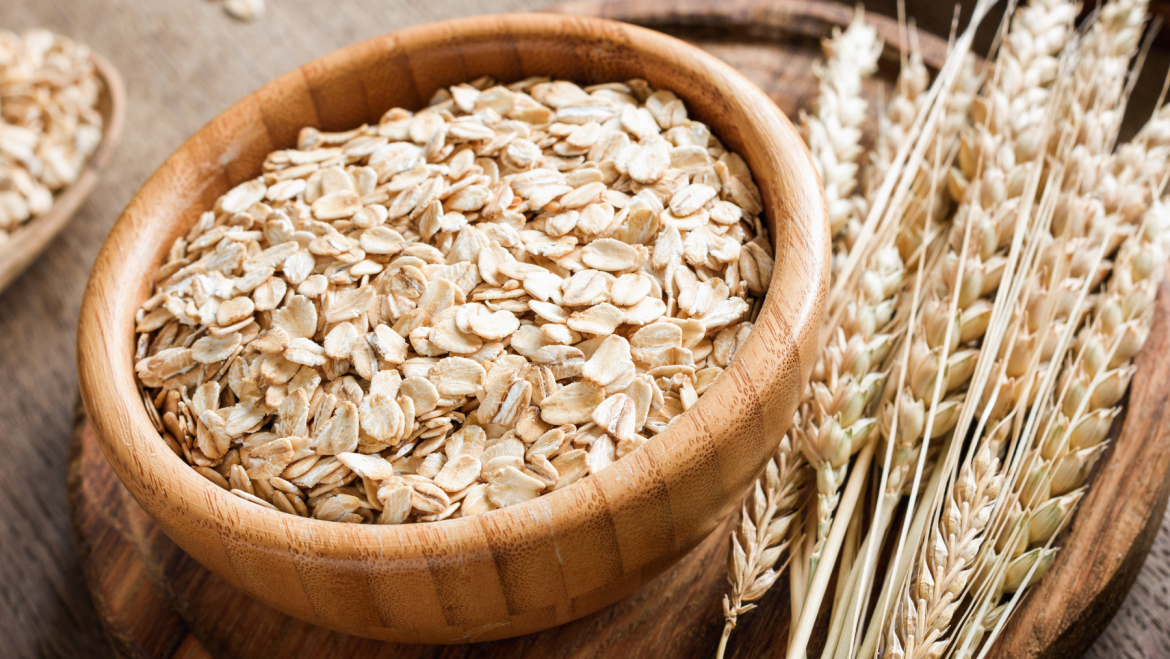
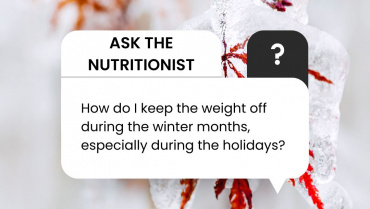
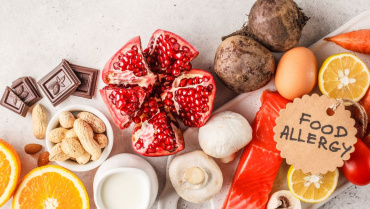
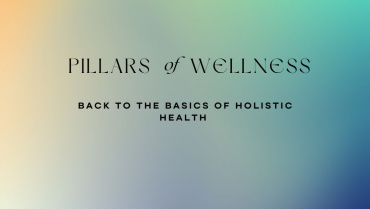
Add Comment